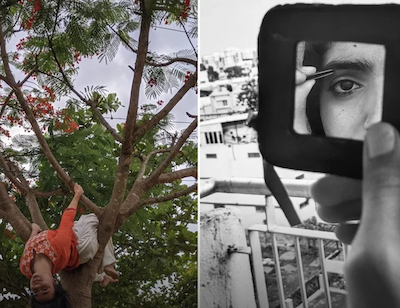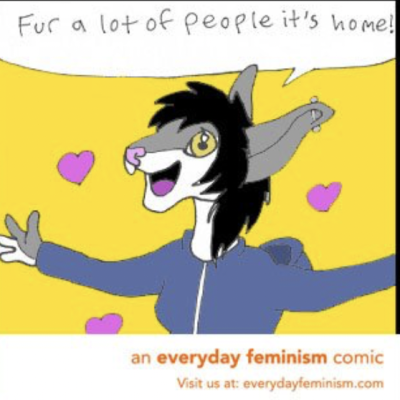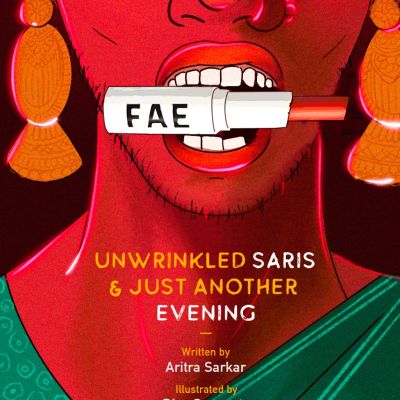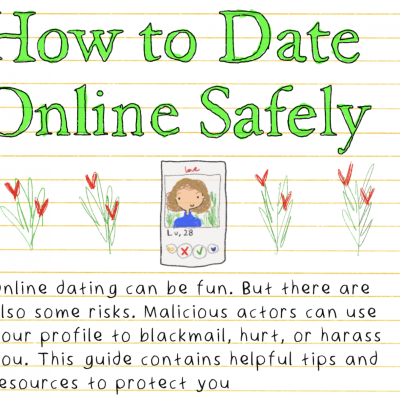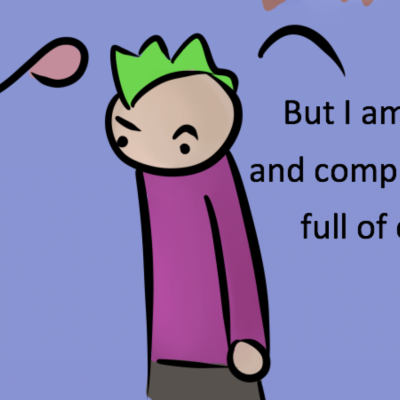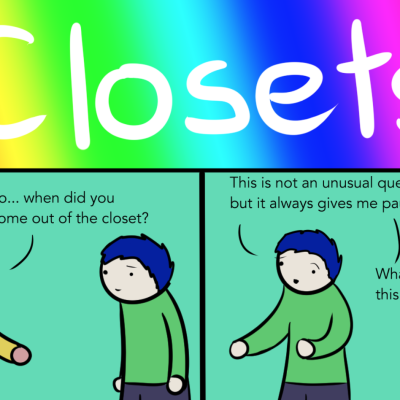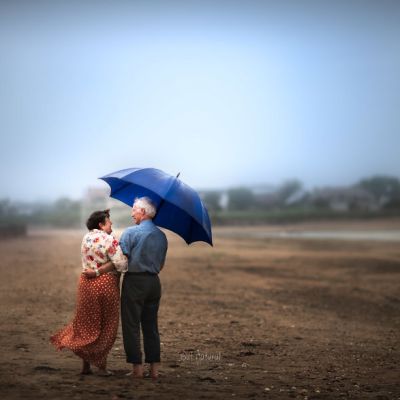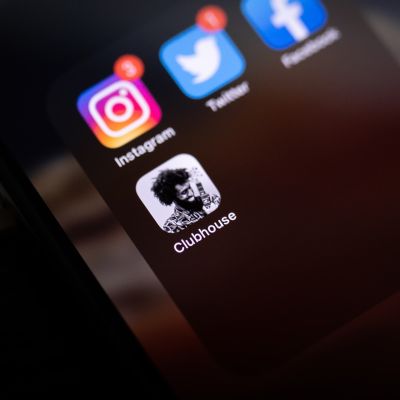LGBTQIA
Inspired to collect photographs of women spending time by themselves and for themselves after a conversation with her mother’s friend, Surabhi Yadav began the project, Women at Leisure.
Who is a Furry? What’s a ‘fursona’ – is it like a persona? What’s Furry fandom all about? What happens at Furry conventions? Do they dress up in animal suits? Christine Denewithe answers all these questions, and more, in this enchantingly executed comic.
In a society ruled by heteronormative patriarchal structures, expressing one’s gender or sexuality outside the trimmings of what is socially acceptable is an act of resistance.
Online dating can be great fun but it comes with some risks. This quirky and in-depth Digital Security Guide by Access Now on How to Date Online Safely tells us how we can engage with fellow dating-app users while making sure we are safe from harm.
Robot Hugs gives us a glimpse into the doubts and confusions they grappled with while growing up, and unravels the tightly wound preconceptions in culture influenced by, and at the same time, influencing scientific and medical imagination.
Robot Hugs, in their insightful comic, take on closets as inherently oppressive structures built to uphold what is acceptable and…
Capturing moments of tenderness between these couples as they shine with affection, comfort, and laughter, Sujata’s photo-series reminds us that we don’t simply fall in love, but with time, nurture and strengthen intimacy.
The story is so well told and is written with such a light, deft hand that it is almost easy to miss what makes it so quietly radical. To review it within the scope of exploring the coming together of literature and sexuality we must begin with its central cast of characters – the widows.
Puu, an episodic comic (consisting of 92 serialised episodes) created in 2016 by Nabigal-Nayagam Haider Ali – going by Nabi online – is woven together with vast, expansive threads of similar intense spiritual moments and reflections on devotion, faith, and love.
I keep on hold the colours and prints to wrap you in gentle delicate flowers or little cartoon lions and boys with fists that say Bam and Super / until I know what lies between your legs the cigar or the smile of consolation if you’re the first
The conversion of the noun (adult) into the verb form (adulting) implies that ‘adulting’ is more performance than inevitability. Which is to say, there is no intrinsic understanding of ‘adulting’; it is something that can be learnt over time.
In theory, the concept of the app is a great one – it provides women, queer people, and people belonging to oppressed castes the tea-stall, cigarette-shop type of public spaces for conversation that are available to upper-caste cis het men. The relative anonymity acts like a safe cover, and the app affords a certain autonomy and agency to marginalised people to regulate the kind of conversation that goes on in rooms moderated by them.
But self-care is not a clean and happy procedure, it is not definitively achievable when systematically explored. To understand the scope of self-care we need to see the ‘dark side’ of the landscape, and destroy the versions of self-care that denounce our plurality. In this fight, the only outcome can be a recognition of experiences beyond the wellness narrative structured around the neoliberal agenda. This article is an attempt at foregrounding some aspects of self-care that decentralise the prevalent commodification of it.
But self-care is not a clean and happy procedure, it is not definitively achievable when systematically explored. To understand the scope of self-care we need to see the ‘dark side’ of the landscape, and destroy the versions of self-care that denounce our plurality. In this fight, the only outcome can be a recognition of experiences beyond the wellness narrative structured around the neoliberal agenda. This article is an attempt at foregrounding some aspects of self-care that decentralise the prevalent commodification of it.
Desiring motherhood meant veering into a more ‘girly’ territory, a notion that I had simultaneously been fighting and trying to embrace since childhood. I had understood that to be a feminist I had to be independent, be wary of men, dislike families and relationships.

